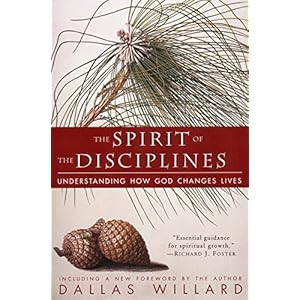I started my college experience via video from Liberty University in 1999. Yes, just before the turn of the century, and my experience matches the cliche. Today, Liberty has one of the very best distance learning programs in the country, if not in the world. However, I believe I was part of them working out the kinks along the way. The Internet was alive and kicking in those days, but apparently video streaming was still too expensive and I had to wait for them to come in the mail. But the videos I was receiving were probably 15 years old at that point, not on DVD either, so I had to go out and buy a VHS player just to “go to class.” Going to class for me included starting the video lecture, then feeling so confused as to what I supposed to be gleaning, that I ended up popping popcorn and letting it roll just to endure the experience. Needless to say, I barely passed the class in the end. I learned quickly that in order to be successful in college, I would have to be in the physical classroom space in order to track with the professors lecture.
Many of these emotions returned while working through Willard’s book The Spirit of the Disciplines. I struggled to connect with the bulk of where he was headed, and found myself wishing that I could at least listen to him speak once in person so as to get a feel for his communication style. Nonetheless, I couldn’t shake the fact that Dallas Willard is a beloved author, challenging many readers, and demanding the respect of many more. The problem was certainly my own fault. Slowly, I began to realize my struggle was with the content, not the delivery. Much of what Willard was proposing was hard to swallow. Early on Willard states: “Regardless of how high a view was professed about the Bible, it was no longer functionally authoritative over life on a wide scale. More than a quarter of the entire population of the United States have professed an Evangelical conversion experience. Where is the effect of which Jesus spoke?” I found God convicting me through Willard’s words, because far too often my life can seem unaffected by the presence of the Gospel.
The approach to disciplines that the author proposes, paints them as freeing and enabling rather than restrictive. I find this technique appealing, to the point I most certainly want to approach spiritual disciplines in this way, yet still struggle to feel able to do so. Perhaps, I am stuck in a legalistic trap built by historic rituals? “Contemporary Westerners are nurtured on the faith that everyone has the right to do what they want when they want, to pursue happiness in all ways possible, to feel good, and to lead a productive and successful life.” I find myself assessing worship experiences with phrases like: “people seemed happy today,” and “that felt great,” only to come to grips through a book like this to realize that without a further exploration of the disciplines, I may only get a narrow slice of the fullness of God.
Admittedly, I missed many of the finer points of this book. However, I was challenged to consider additional depths of training to conform to the likeness of Christ on the “regular” days, rather than only in moments of crisis.









0 comments:
Post a Comment